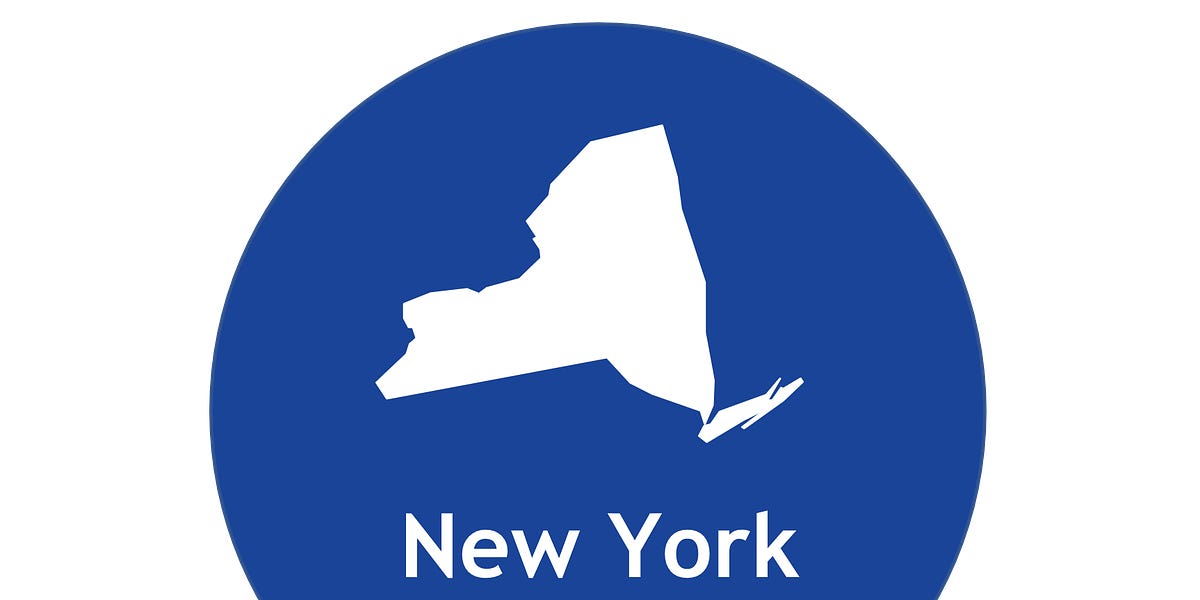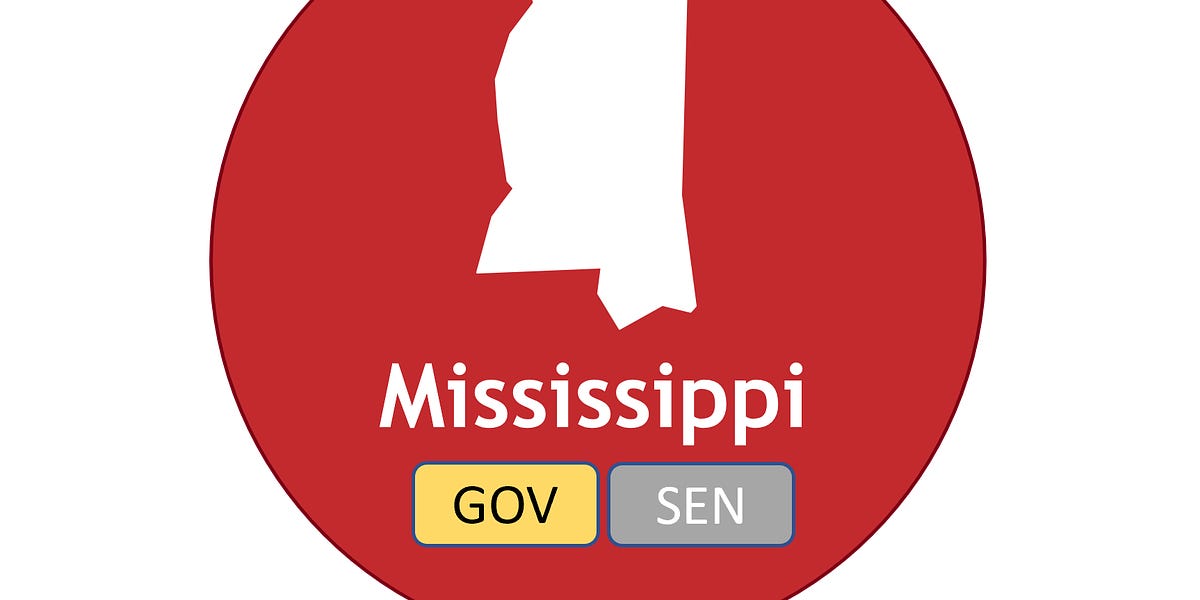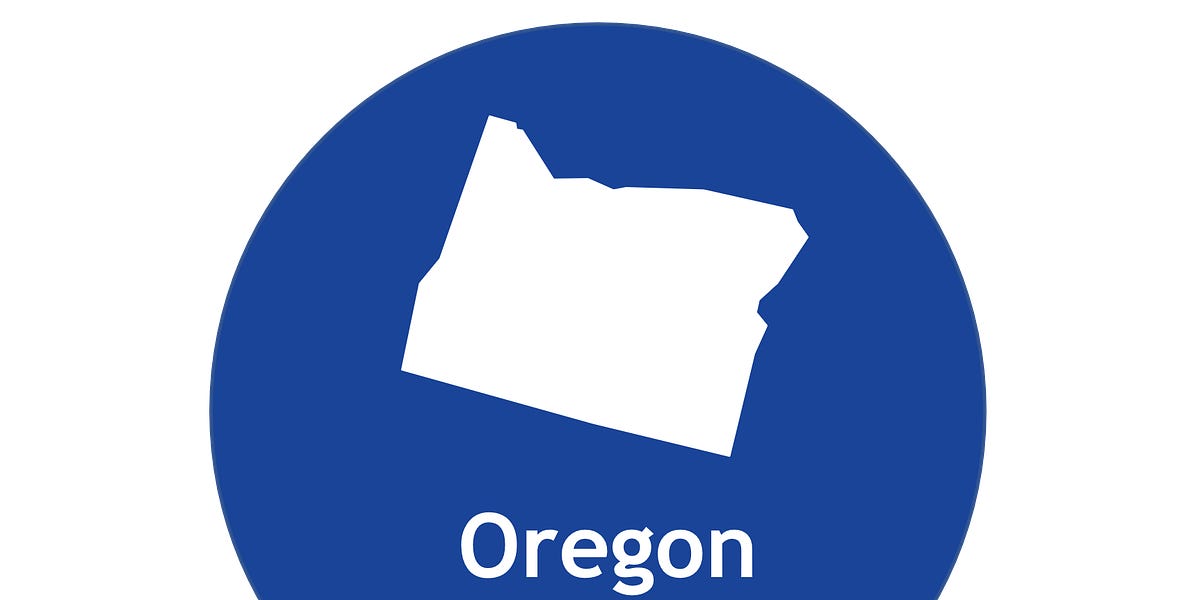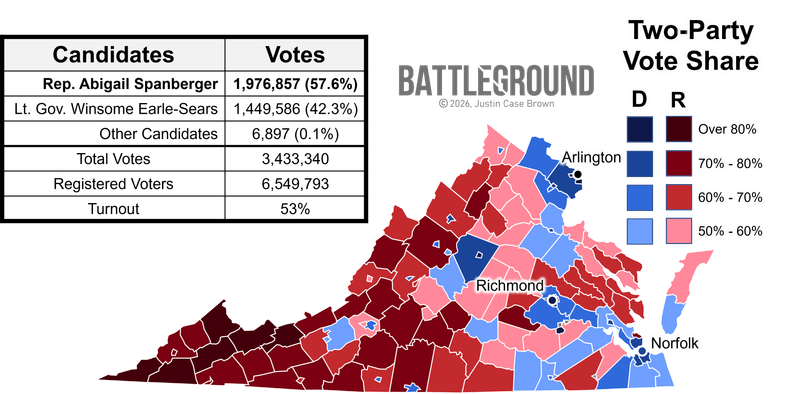Democrats Biggest Risk in 2024 May Be... Themselves?
Learn how moderate leaders' refusal to play ball with progressives is costing the party.

Lately, the Republican party has been pushing policy proposals that are widely unpopular. (After passing unpopular bills on abortion restrictions and permitless carry, the party is pivoting to literally taking food away from children.) You’d think this would make elections easier for Democrats, right? Well, that wasn’t quite the case in 2022. Democrats have been increasingly getting in their own way: making unforced errors and losing winnable races due to the growing rift between two wings of the party.
The split is equal parts ideological and generational: moderate Democratic party leaders who’ve been serving for decades have little confidence in and patience for the younger, emergent progressive wing of the party. Progressives see moderates as too old and set in their ways to enact meaningful change while moderates see progressives as naive political neophytes whose idealistic goals need a hefty dose of reality. While this rift is often presented as an equally matched intraparty battle, this obfuscates important power dynamics within the party that puts the moderate wing at a clear advantage. Since the progressive wing of the party is still in its relative infancy, their candidates have less access to vital campaign infrastructure like fundraising lists and voter data. Meanwhile, the moderate wing is firmly at the helm of the national party, steering resources as they see fit to campaigns across the country. So while progressives may be loud, moderates hold more electoral power. Moderate leaders of the party have displayed a consistent reluctance toward supporting progressive candidates and its increasingly resulting in unnecessary losses.
For evidence, look to Oregon at Jamie McLeod-Skinner, a progressive candidate that beat out Democratic incumbent Rep. Kurt Schrader in the primary. After establishing herself as a local progressive force, the national Democratic party turned its back on her and she was outspent by her Republican opponent by a 2-to-1 margin. Despite this seemingly insurmountable opposition, Mcleod-Skinner only lost by 7,500 votes.
Then there’s New York, where former DCCC chairman Sean Patrick Maloney pushed out Democratic House incumbent Mondaire Jones to run in the state’s reconfigured 17th district. Maloney then proceeded to lose in the general election, in part because voters labeled him as ‘the guy that pushed Mondaire out of this district.’ (The sick, twisted irony is that back in early 2022 a spokesperson from Maloney’s campaign commented that Mondaire would “be better suited for a different district.”)
Both of the above stories are instances where a previously Democratic district flipped to Republicans due to the way the moderates directly snubbed fellow Democrats. Below are a handful of posts that dive into deeper into this unfortunate pattern.








